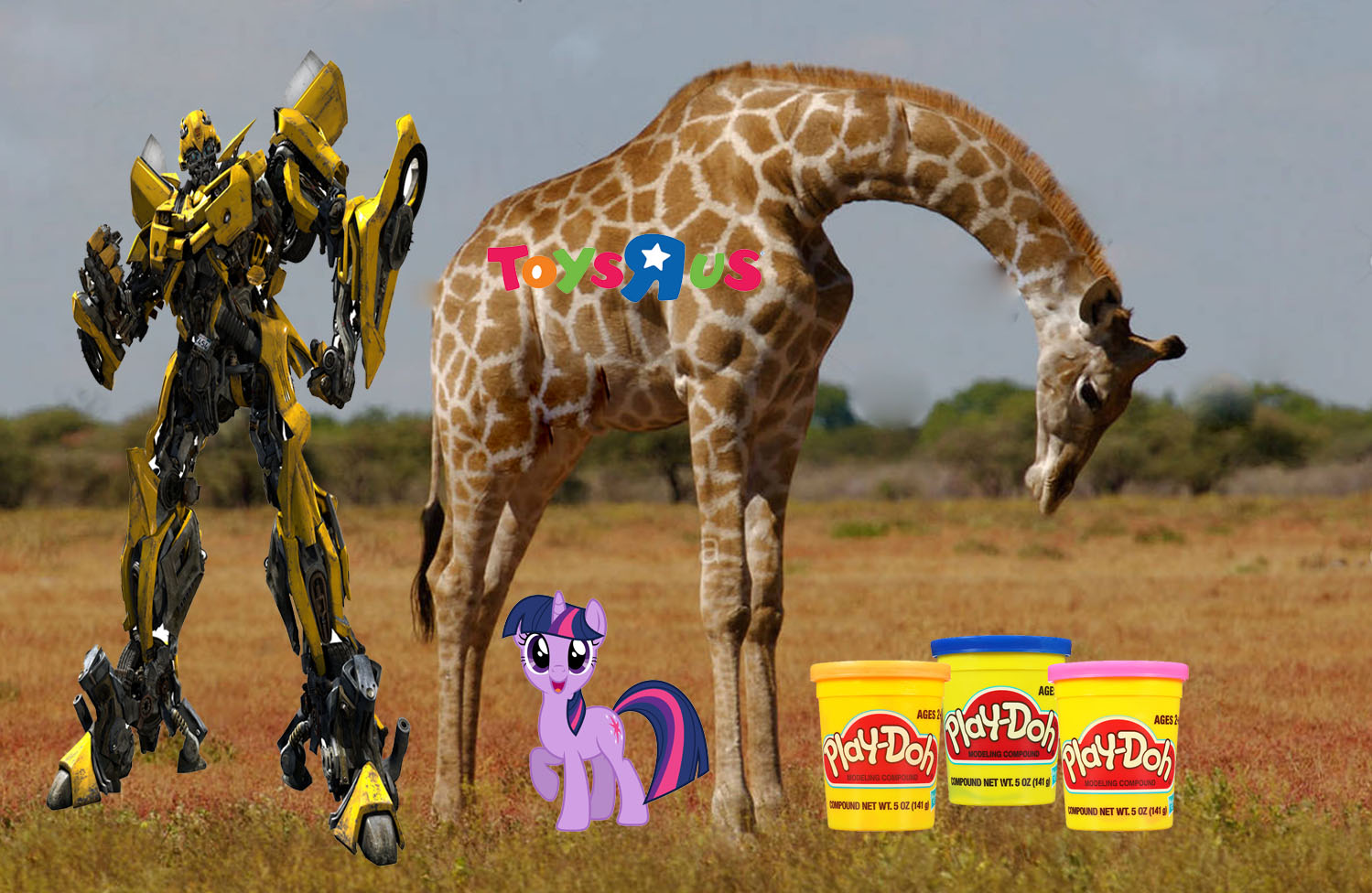A year ago, our collective childhoods were shattered when Toys R Us filed for bankruptcy. Memories of begging our parents to take us through the hallowed halls of the greatest toy store in the world. Whether we sought out the fastest hot wheel car we could find, or a new Power Ranger action-figure, Toys R Us was home. In the wake of this tragedy, industry producers like Hasbro (HAS) are struggling with the economic fallout.
Hasbro (HAS), the brains behind Monopoly, Play-Dog, Nerf, Transformers, and countless other legacy products that have inspired creativity and instilled excitement in children for ages, announced Monday that it plans on laying off up to10% of its employees. CNN Business reports that the company has yet to officially disclose how many of its “5,400 global employees” will lose their jobs.
“While some of these changes are difficult, we must ensure we have the right teams in place with the right capabilities to lead the company into the future”
–Hasbro Company Spokesperson
Despite indications from Hasbro Chief Executive Officer Brian Goldner that the company may mitigate some of its losses from Toys R Us’ bankruptcy, the company’s shares dropped down 9% in early trading on Monday. Additionally, Hasbro (HAS) reported an almost 10% drop in quarterly sales in the U.S. and Canada to $924.2 million, as a result of the loss of Toys ‘R’ Us revenue and an “inability to meet shipping demands of other retailers,” CNBC reports.
Hasbro’s (HAS) largest rival, Mattel (MAT) announced it would cut 2,200 jobs worldwide in July because of Toys “R” Us’ bankruptcy filing and eventual closure.
It is important to note that Hasbro’s (HAS) decline in revenue cannot be solely blamed on the Toys “R” Us situation. The toy and game industry has dramatically changed over the years with the advent of electronic games, and kids preference of these over physical toys. Children, the world over, are grabbing for handheld video game consoles and tablets, versus etch-a-sketches and plastic cups of Play-doh. Go to any restaurant where families frequent and you’ll notice that children, and babies in high-chairs, are glued to their screens. Whether it’s a parent’s iPhone or, in many cases, a child’s personal tablet, the era of playing hangman or Pictionary in anticipation of appetizers is gone.
The toy industry’s market troubles also correlate to the rise of e-commerce sites like Amazon.com (AMZN) which hosts thousands of smaller toy-manufacturers, and ships products worldwide. The rationale here is very clear. Why would I, as a parent, waste time driving to a toy store, only to battle inventory issues and spend time waiting in line, when I can order toys for my child/children and have the products delivered to my doorstep? To be fair, companies like Hasbro (HAS) and Mattel (MAT) are not the only ones affected by the predominance of Amazon.
However, all hope is not lost for toy industry manufacturers. Earlier this month, Toy “R” Us announced that it was abandoning the sale of the company’s name and branding because some of its existing owners — whose names have not been released — wanted to hold on to the intellectual property for a plan of resurrection “in a new and re-imagined way.”
“…the Court authored the Debtors (Toys “R” Us), in consultation with the Consultation Parties, to adjourn or cancel the Intellectual Property Auction”
–Toys “R” Us Case 17-3466f-KLP
While Toys “R” Us gears up for a potential “come-back kid” story, toy makers like Hasbro (HAS) and Mattel (MAT) are battening down their economic hatches as the possibility of U.S.-imposed tariffs on toys imported from China looms overhead. According to recent reports, roughly 85% of toys sold in the United States are produced overseas. Though the Trump Administration has yet to include toys in his prix fixe tariff menu during the escalating trade war with China, analysts believe the next round of tariffs will include all Chinese imports that have yet to be taxed.
“This could not come at a less opportune time for our industry. We’re still reeling from that (Toys “R” Us) bankruptcy”
–Rebecca Mond VP of Governmental Affairs, Toy Association
Toy industry executives are in a state of panic because, without China, no formal infrastructure or supply chain exists in the United States to handle consumer demands.





